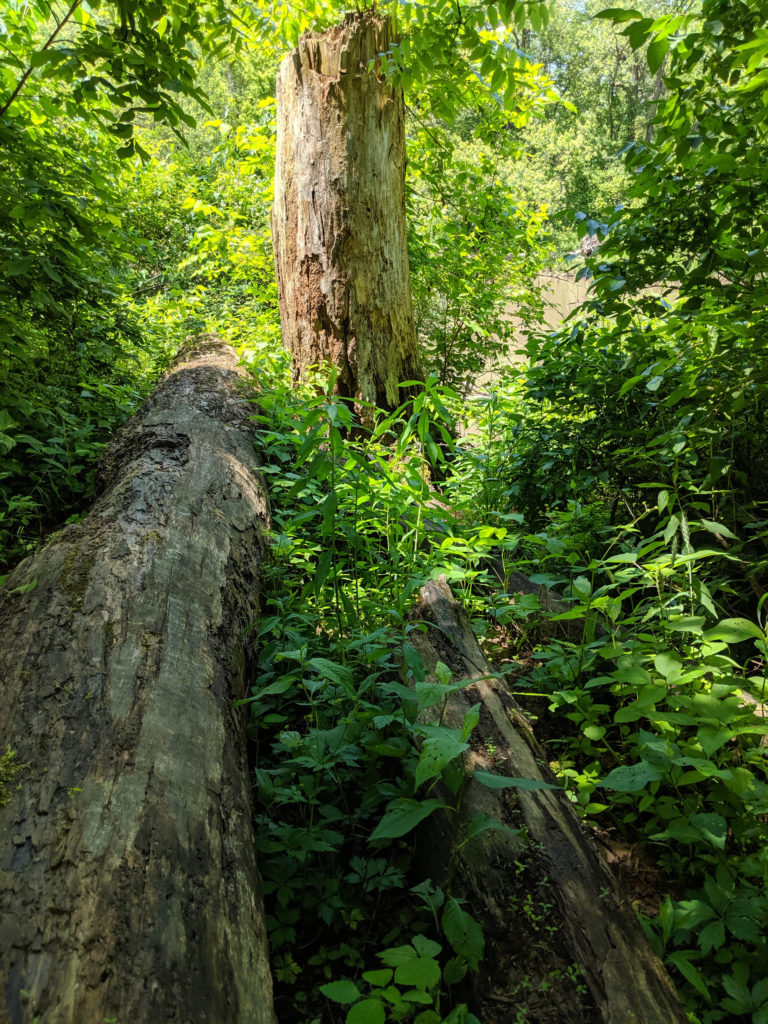I’ve read several novels lately with characters engaging in the sort of OPSEC that you need to do nowadays if you’re undertaking activities the federal government would consider nefarious—beginning with not carrying your smartphone around everywhere you go.
Of course you wouldn’t want to leave your phone behind only when you were doing something nefarious. To do that would be like announcing “Nefarious activity beginning now!” Instead, you need to start playing at going off the grid now for no particular reason, so that when you go off the grid for reals it won’t be so obvious what’s going on.
The necessary OPSEC is hard to get right. One of the novels I mentioned, (The God’s Eye View by Barry Eisler) has as a significant plot element how easy it is to screw up. In the novel a character’s actions are discovered due to her turning on her burner phone at a point close in time and place to where she turned off her regular phone.
As a slightly more sophisticated example, the NSA is known to have a system for “fingerprinting” burner phones, which works by spotting when one cluster of related burner phones all go dark at the same time, and then a similar-sized cluster, with a similar pattern of connectedness, starts up right after.
Just spending some time out and about without a cell phone is probably a good start. Establish a pattern of turning your phone off (or leaving it at home) for a couple of hours every day. It might make sense to establish a regular pattern of doing so, but one can easily go awry trying to set up false patterns. Perhaps it would make more sense to have no particular pattern of when the phone might be on or off.
Purely whimsically, I’m inclined to do this.
In fact, I’m going to have to: Next month I’m on jury duty for a week and cell phones aren’t allowed in the courthouse. I’m sure most people leave their phones in the car, so they can return to them over their lunch break, or at least get back to it as soon as they’re released at the end of the day. But the courthouse is in downtown Urbana, a place that’s easy to get to by bus, so I’m disinclined to drive there. But without a car in which to leave my phone, I’ll probably have to leave it at home.
That might mean 8 hours or more being out and about without my phone, which seems like a great opportunity to establish a pattern of my phone being left home while I do something else—serve on jury duty next month, but who knows what the month after? Nothing nefarious, of course. I’d never do anything nefarious.

Even places where cell service is spotty, such as this spot on the trail in Kennekuk Cove County Park, having a smartphone is completely normalized for me. I expect to be able to just take a picture like this. (And the idea that I might instead bring a camera almost doesn’t fit in my brain any more.)
As an aside: I wrote a couple of articles about going off the grid back when I was writing for Wise Bread. One was a book review of a rather interesting book titled Off the Grid. The other was an article about the trade-offs in choosing to live “off the grid” in the broader sense—not just off the surveillance grid, or even the power, gas and water grids, but more broadly the globalized economy, industrial agriculture, consumerism, etc. I can’t remember what I called the post, but Wise Bread published it as Going Off the Grid Is a Lot Harder Than You Think.
